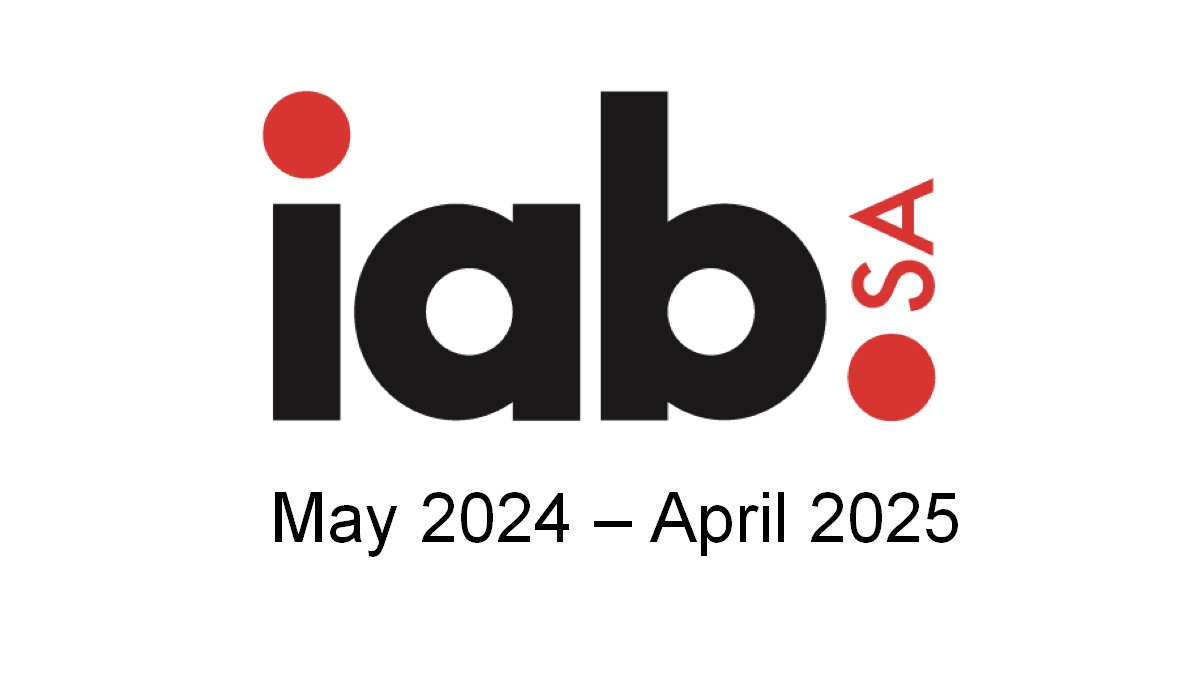Johannesburg – The National Lotteries Commission (NLC) brings to the fore various methods of clean and effective governance in its quest to help communities through its funding model.
Dr Roxana Bratu, a lecturer in corruption analysis at the University of Sussex in England, was invited to address the virtual conference jointly organised by the Organisation for Economic Co-operation and Development (OECD) and the NLC.
Speaking from England, Bratu stated that it was important to have a discussion about corruption.
Bratu mentioned the importance of dealing with how to measure corruption, explaining that eff orts should be made to make the world a better place for all.
“The abuse of the public office or any other institution for private gain is corruption,” Bratu told the conference.
Have you read: No place for corruption, conflict of interest in NLC, emphasizes Nene
“This is where corrupt people abuse public power, authority or office through bribery, embezzlement or extortion to enrich themselves. Such behaviour, which deviates from formal duties of a public role due to unduly personal gain, violates rules through misappropriation of funds.”
Bratu said when public officials start enforcing their authority by demanding favours from clients or those who should be assisted professionally on merit, that brings a bigger question on how corruption peddlers are making it difficult for any organisation to work ethically.
“Public tracking surveys [Pets] are effective in delaying financial and in kind transfers, leakage rates and general efficiencies in public spending. Pets trace cases in which public money has either not ended up where it should or cannot be accounted for at all,” she said.
Measuring the risks of corruption in various sectors can also be a good proxy indicator showing how fraud is committed, she added.
Echoing the same sentiments, NLC secretary advocate Nompumelelo Nene said she had learned from Bratu how she views corruption from a different lens compared to how she had seen it in the country based on media reports and the perceptions around it.
“Based on our learning from Dr Roxanna Bratu is that the perceptions index has been around country level. We also took it upon ourselves on how do we take such in order to understand context so that as an organisation, we can measure ourselves on the level of corruption if there is any, and also on how do we start addressing such and being accountable for that,” said Nene.
She said the NLC had implemented measures on the experience of corruption and believes that the leadership of the organisation should hold high standards of ethics in order to be accountable at all times.
Nene continued: “The NLC had conducted an analysis of its stakeholder’s real level of interaction with corruption. The assessment was conducted through our whistle-blowing hotlines, where the NLC was able to gauge the public’s experience in relation to corrupt activities over the past three years.
“It is noteworthy that the NLC experienced a 2% loss on annual revenue due to fraud over the past three years, which was signifi cantly less than the Association of Certifi ed Fraud Examiners benchmark of 5% loss on annual revenue to fraud.
Follow @SundayWorldZA on Twitter and @sundayworldza on Instagram, or like our Facebook Page, Sunday World, by clicking here for the latest breaking news in South Africa. To Subscribe to Sunday World, click here.
Sunday World




